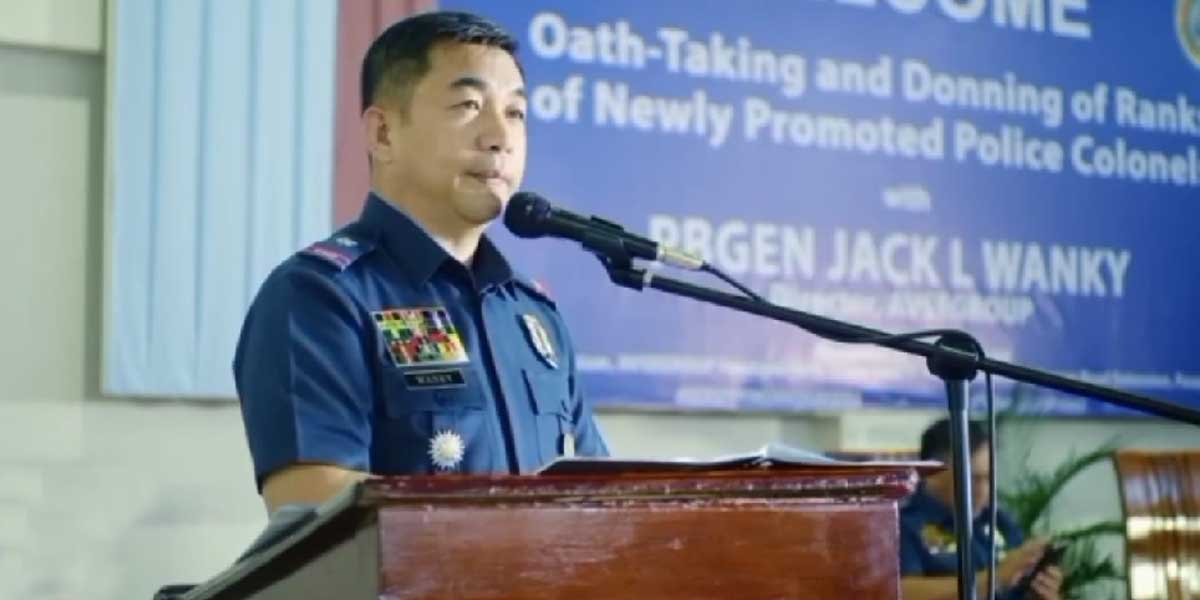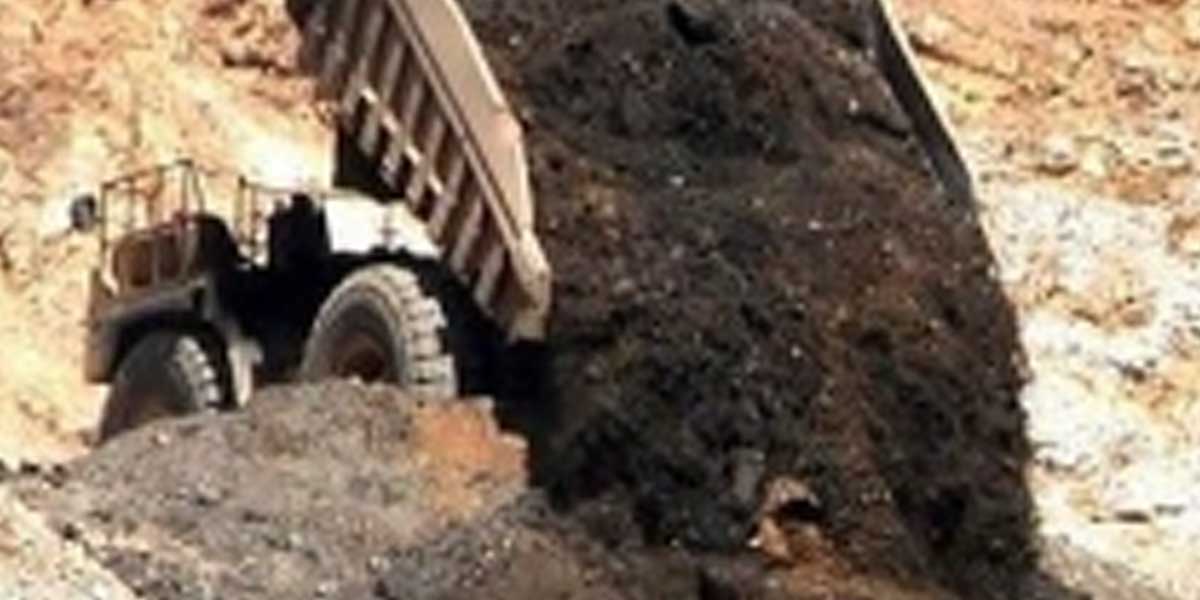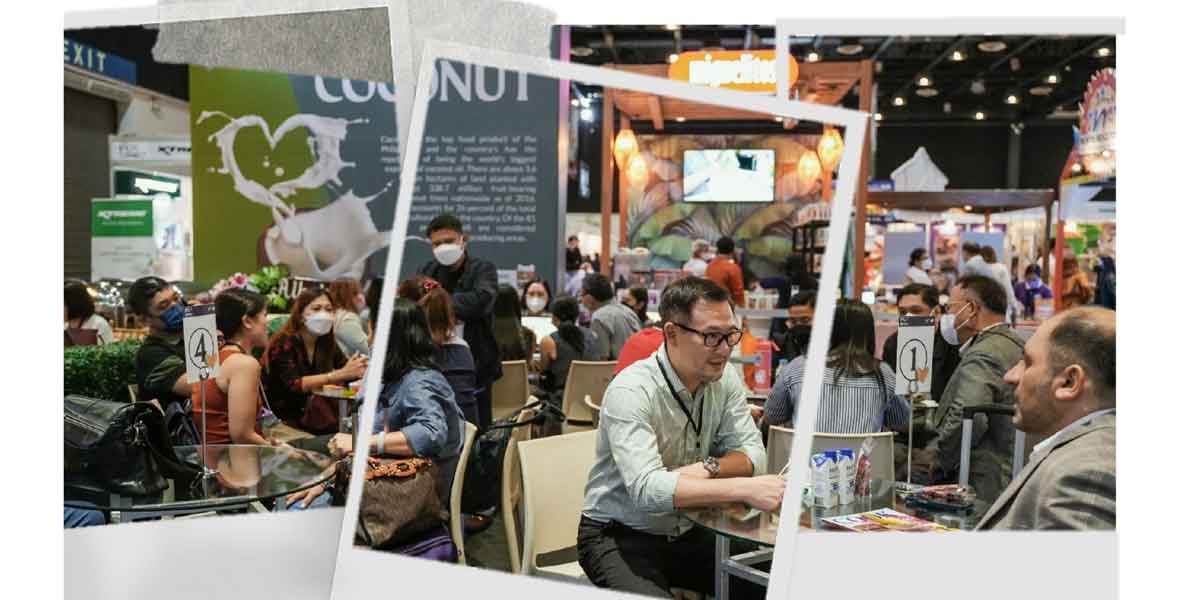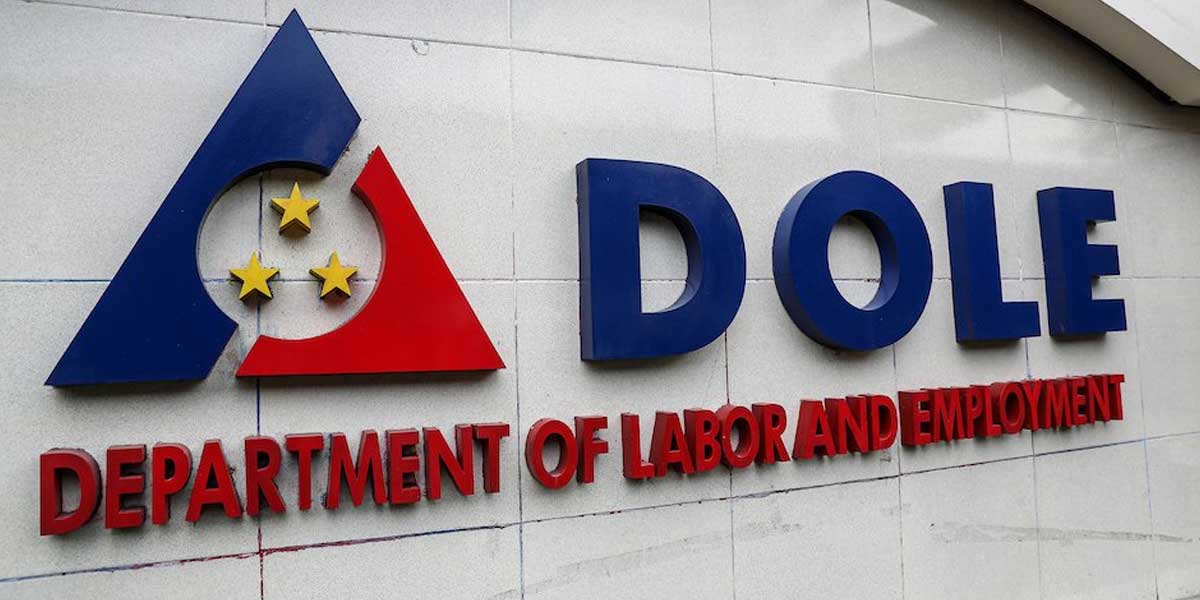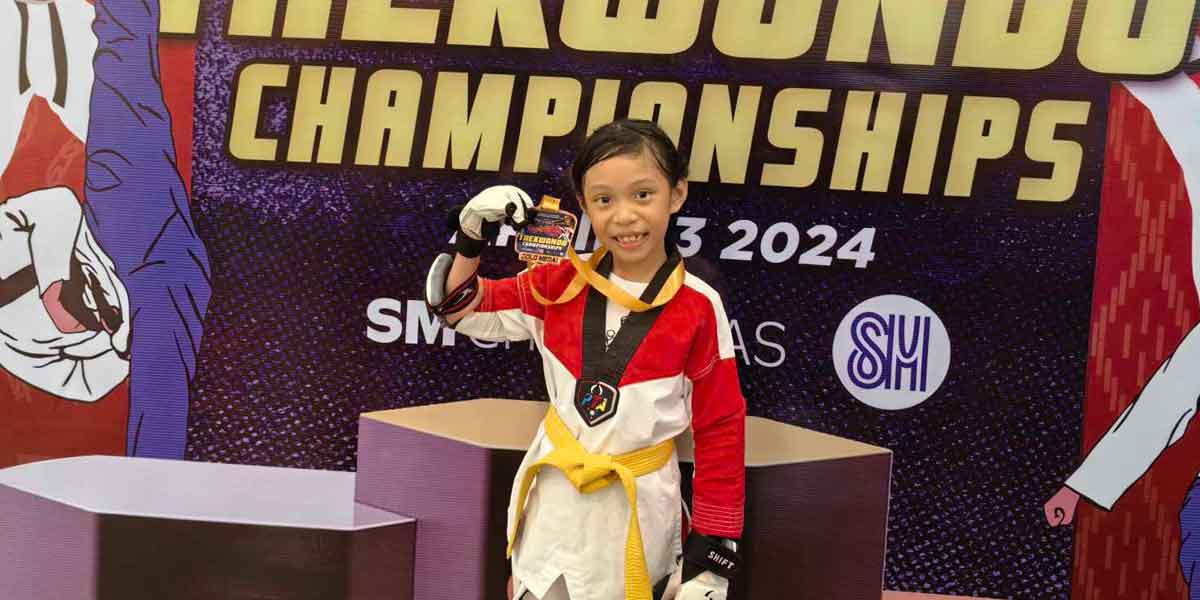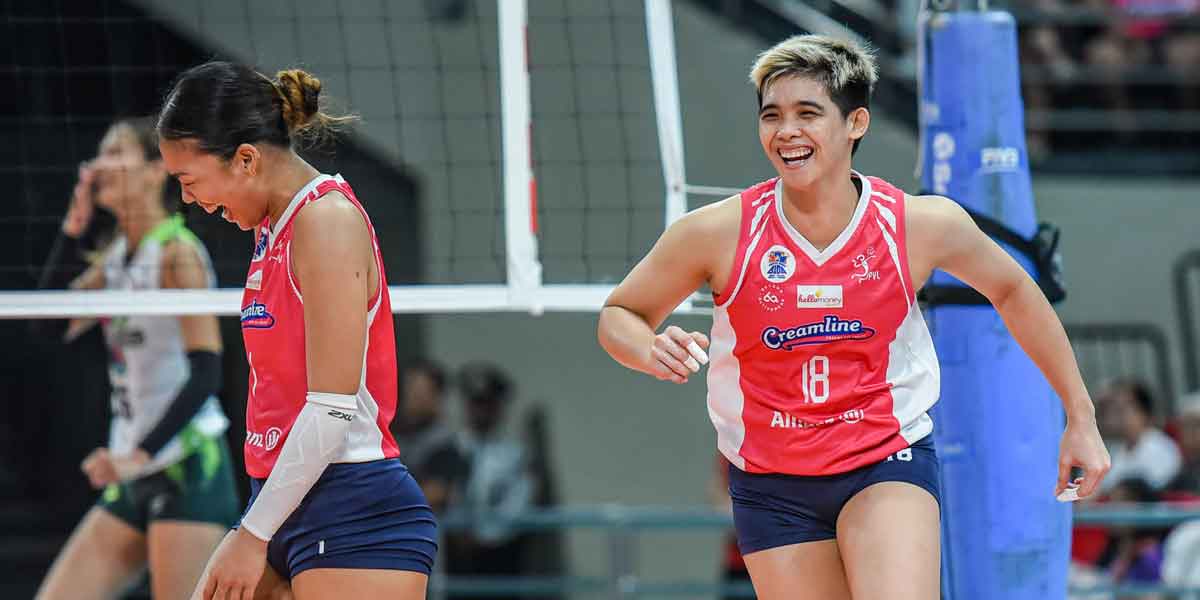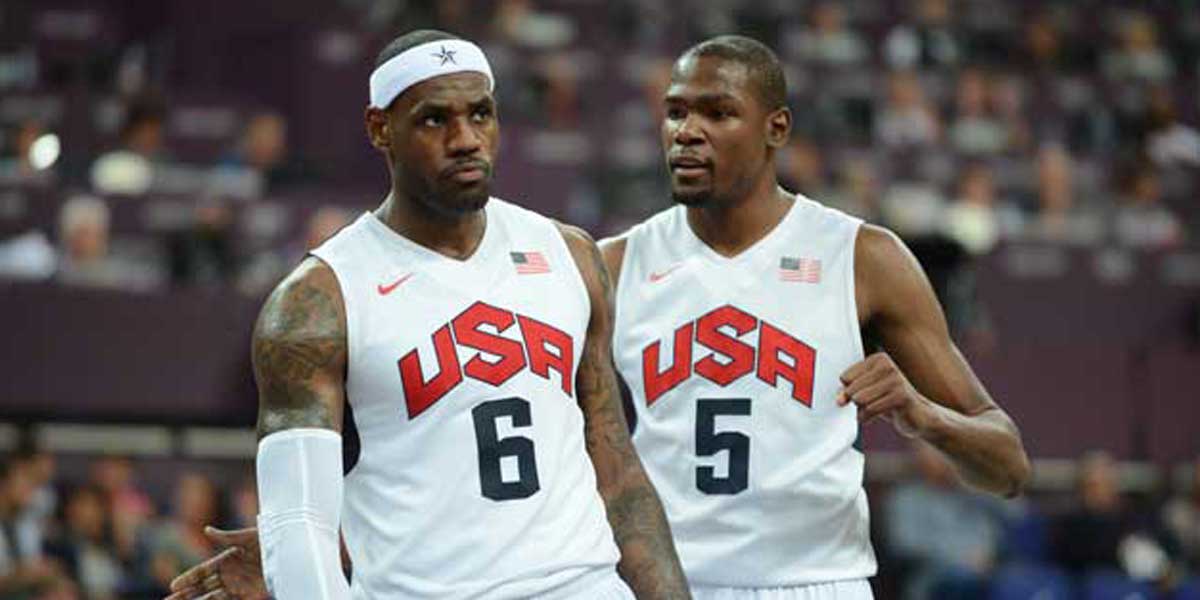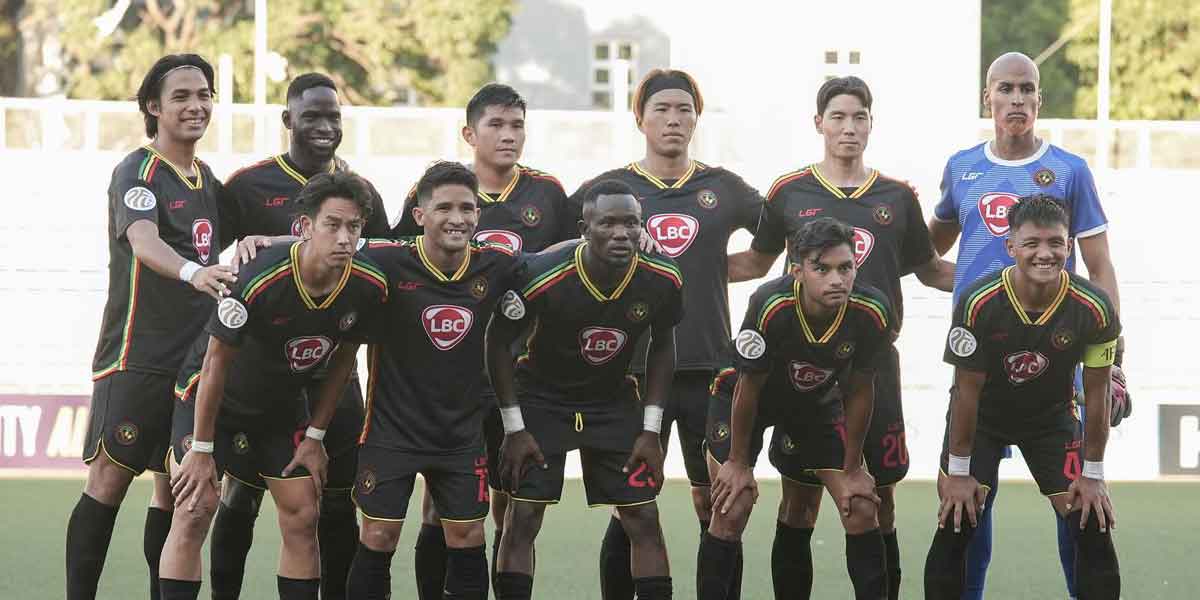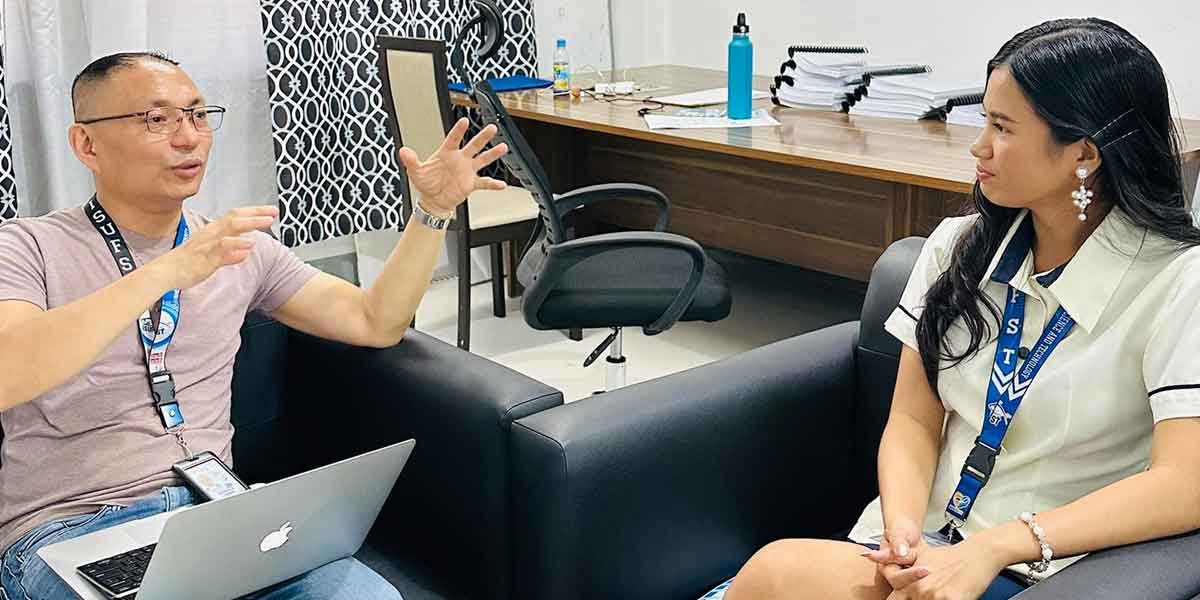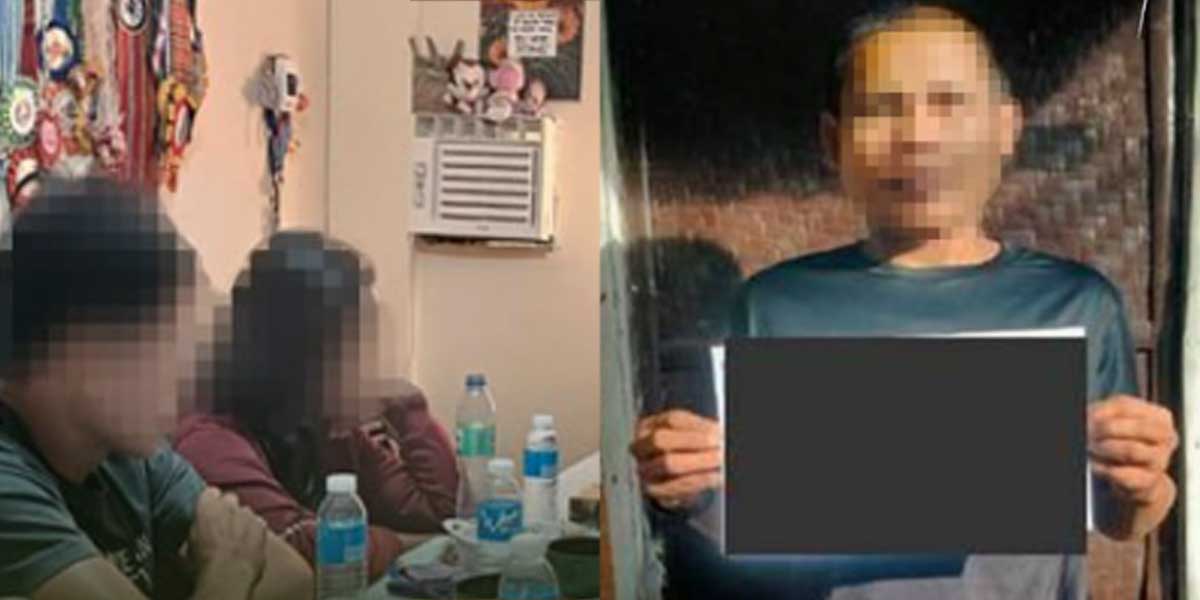![]() By Reyshimar Arguelles
By Reyshimar Arguelles
Yesterday, we commemorated the Liberation of Panay, Guimaras and Romblon. It was on March 18th when the 40th Infantry (“Sunburst”) Division of the United States Army landed on the town of Tigbauan unopposed amid the welcoming smiles of the natives.
Pockets of resistance were virtually wiped out when American forces crept towards Iloilo City, easily defeating the last remnants of the Japanese Imperial Army in just a matter of days. From there, the Americans advanced southward towards Negros Island.
It is easy to point out the invincibility of American firepower, but we should not overlook the contributions of guerrilla forces to the war effort. After the fall of Bataan in 1942, guerrilla formations kept resisting the Japanese occupiers. The most successful of these were the Free Panay Guerrilla Forces under the command of Col. Macario Peralta Jr., a lawyer from the Ilocos region.
Under his leadership, the guerrillas — supported by an underground network of civilians and members of the United States Armed Forces in the Far East who escaped Bataan —had taken control of a large swathe of Panay even before the Tigbauan landings took place. For his leadership and bravery, Col. Peralta was awarded the Distinguished Service Cross, a distinction second only to the Medal of Honor.
Indeed, we treat the exploits of such heroes based on the values they impart in our modern lives: with both awe and honor. There is much to say about sacrifice as the highest form of honor in the face of an enemy who seeks only to destroy and disrupt. We owe it to our veterans who did not yield even as death loomed over their helmets.
In a war, of course, you have to do what you can to resist the forces of oppression. Bodies get broken, but the spirit will never yield to any adversary, so long as it burns with an ever-increasing desire for emancipation.
Today, that spirit lives on in every single citizen. And instead of bayonets, artillery, and bullets, we are facing an enemy just as ruthless; whose only nature is to kill without remorse and who is now on the verge of occupying not just every street and public place, but our minds as well. An invisible assassin stalks the island, planting fear and putting every single one of us on edge in a war that reeks not of gunpowder and ash, but of chlorine and alcohol.
And Panay Island is not alone. Elsewhere in the world, iconic cities are under siege by the same enemy. Putting a stop to daily life and endangering the lives of the most vulnerable, this contagion proves to be a more formidable foe whose only reason for being is to multiply and infect.
But the fight continues, in the laboratories and quarantine areas where people sing for solidarity into empty and silent streets.
In place of fear, there is resolve. In place of panic, there is a commitment to protect entire communities from succumbing to the contagion. Indeed, doctors and nurses and lab technicians and researchers and medical technologists and everyone else in the frontlines, from delivery drivers to cashiers and supermarket baggers and janitors — who were once deemed as the least of society’s worries and are now keeping society together — are working in order to keep any semblance of hope alive.
As the City government mulls a total lockdown, it is important that we do our own part in liberating ourselves of this virus. This is a call to arms, one in which the life of every single human being is precious. This is a call for emancipation, one in which our main task as citizens of this planet is to become aware and help our frontliners who are battling an invisible enemy.
The streets are silent, but there will come a time when we can walk along these same streets, in acknowledgment of our own solidarity.
For now, let’s keep fighting until we meet our Liberation Day.



